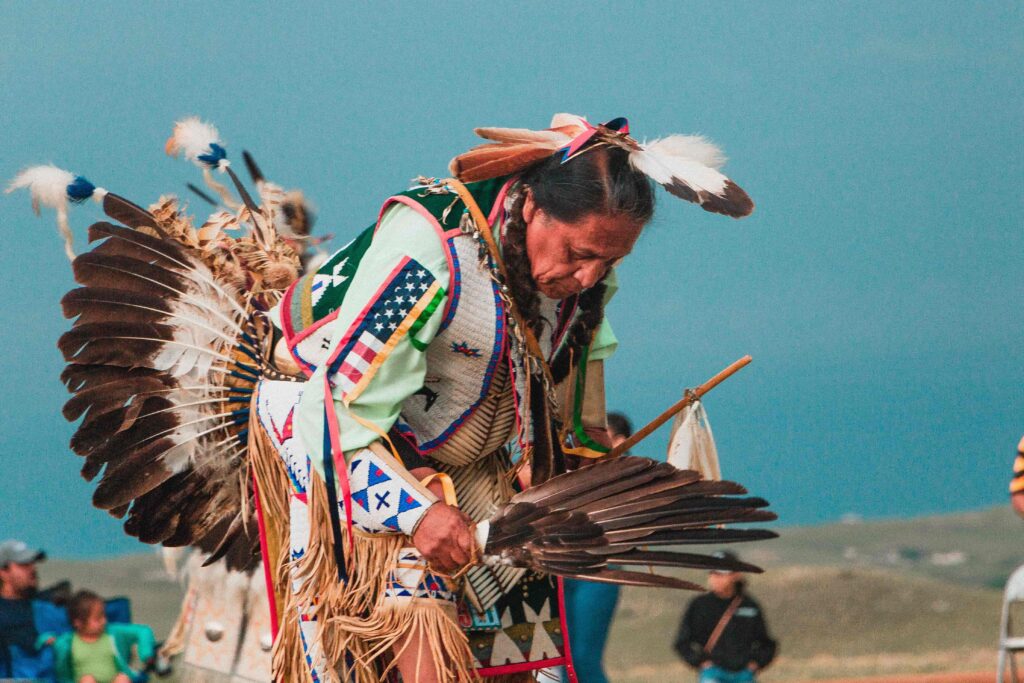Bridging Wisdom: Exploring the Synergy of Indigenous and Western Technologies

October 12, 2023 —
In the grand tapestry of human history, various communities and societies have woven their unique perspectives on the world and its workings. Indigenous and Western populations are two such communities, each with their own distinct ways of knowing. These distinct knowledge systems have evolved independently, offering diverse approaches to understanding the world. This blog article delves into the realms of Indigenous and Western knowledge, explores the growing interest in Indigenous wisdom, and highlights the immense benefits of incorporating Indigenous ways of knowing into modern technology. By juxtaposing these two knowledge streams, we aim to better understand the world around us.
Defining Indigenous and Western Knowledge
Describing Indigenous and Western knowledge is a complex endeavor, as these systems are multifaceted. In his paper "Dismantling the Divide Between Indigenous and Scientific Knowledge," Arun Agrawal sheds light on this complexity. He suggests that Western knowledge tends to be abstract and analytical, often disconnected from people's daily lives, while Indigenous knowledge is deeply intertwined with people's livelihoods and focuses on practical solutions. Each knowledge system has its unique priorities, and it's not about declaring one superior to the other, but rather about recognizing their strengths and weaknesses, fostering a dialogue, and exploring how Indigenous knowledge can complement modern development projects. Indigenous knowledge emphasizes practical solutions and everyday concerns rather than overarching ideologies.
The Resurgence of Interest in Indigenous Knowledge
In recent times, there has been a noticeable surge in interest in Indigenous knowledge. Agrawal attributes this to the emergence of "neo-indigenistas," individuals who appreciate the distinctions between Indigenous and scientific knowledge. This renewed interest stems from recognizing the value of Indigenous knowledge and the need for alternative approaches in development strategies. In a world increasingly focused on sustainability, Indigenous knowledge provides a wellspring of environmentally safe and culturally inclusive ideas that can be invaluable for modern development projects.
Incorporating Indigenous Knowledge in Technology
The incorporation of Indigenous knowledge into technology development for Indigenous communities is vital for culturally sensitive and equitable progress. Indigenous knowledge has endured for centuries, serving as a repository of wisdom and practical insights. Technology developers working with Indigenous communities must integrate Indigenous knowledge into designing and implementing new technologies, respecting traditional protocols and values. An exemplary case of this integration is found in SmartICE technologies, which aim to bolster traditional knowledge rather than replace it. By preserving Indigenous knowledge, projects like SmartICE help safeguard the culture and lifestyle of Indigenous communities in the face of a changing climate. Incorporating Indigenous knowledge into technology development is essential for the long-term success of such projects.
Bridging Wisdom
Throughout history, human societies have fragmented into diverse groups, but the knowledge of two groups need not be incompatible. Indigenous knowledge, grounded in practicality and logic, can beautifully complement Western knowledge's more theoretical standpoints. The increasing demand for the application of Indigenous knowledge in development projects underscores its significance in modern society. The survival and resilience of Indigenous communities can be attributed in no small part to their invaluable knowledge. In today's complex world, there has never been a better time to start bridging the wisdom of Indigenous and Western ways of knowing, creating a harmonious synergy that promises innovative solutions for a better future.
References
Ajay Agrawal. "Dismantling the Divide between Indigenous and Scientific Knowledge"
Ian Sample. "How 'smart ice' is helping to save lives on Canada's thinning sea ice"
